Dose
Giuseppe Boerio (1754-1832) published his Dizionario del Dialetto Veneziano (Dictionary of the Venetian Dialect) in 1829 (2nd ed. 1856, 3rd ed. 1867). It is an invaluable tool for anybody who reads texts from the time of the Republic of Venice.
DOSE (with closed o) s. m. Doge, from Latin Dux, Name of the supreme leader or Prince of the former Republic of Venice, ed also that of Genoa. Here he was appointed for life; he had the title of Serenissimo; his dress was magnificent and princely; and he only went out in public with his retinue of the Senators, all dressed in the ducal robes (V. Ducàl). The first Venetian doge was Paolo Lucio Anafesto of Heraclea, in the year 697 of the Christian era, was created in place of the Tribunes; the last of ours was Lodovico Manin, who ended along with the Republic on 12 May 1797, that is, a thousand and a hundred years later. The authority of the Doge in ancient times was great and almost despotic, but it was later moderated by many corrections, indicating that the last Doges did not have decisive influence in the government, however, except for the appearance and honours of a Prince ; from which it used to be said that the Doge was In habitu princeps, in senatu senator, in foro civis.1 And it was also because of that, that it was common in those days that by Prince was meant the Government or even the Republic, not the Doge, to whom only the title Dose was given or par excellence that of Serenissimo.
Translator’s notes
- Roughly: In dress a Prince, in the Senate a senator, on the street a citizen. ↩︎
Italian original
DOSE (coll’ o chiuso) s. m. Doge, dal latino Dux, Nome del capo supremo o Principe della già Repubblica di Venezia, ed anche di quella di Genova. Qui esso era nominato a vita; aveva il titolo di Serenissimo ; la veste era magnifica e principesca ; e non usciva in pubblico che col corteggio dei Senatori, tutti ricoperti della veste ducale (V.
Ducàl). Il primo doge Veneto fu Paolo Lucio Anafesto di Eraclea, nell’anno 697 dell’ era cristiana, stato creato in vece de’ Tribuni ; l’ ultimo a’ di nostri fu Lodovico Manin, che finì colla Repubblica il 12 maggio 1797, cioè mille e cento anni dopo. L’autorità del Doge anticamente era grande e quasi dispotica, ma fu in seguito moderata in tante correzioni, a segno che gli ultimi Dogi non avevano influenza decisiva nel governo, salva però tutta l’apparenza e gli onori di Principe ; dal che soleva dirsi che il Doge era In habitu princeps, in senatu senator, in foro civis. Ed era anche da ciò che comunemente a quei tempi col nome di Principe intendevasi il Governo o sia la Repubblica, non già il Doge, al quale non veniva dato che il suo titolo diDoseo per antonomasia quello diSerenissimo.
Related articles
- The Doge
- Doges of Venice
- State institutions of the Republic of Venice
- Doge — ASV Indice
- Doge in the Lessico Veneto
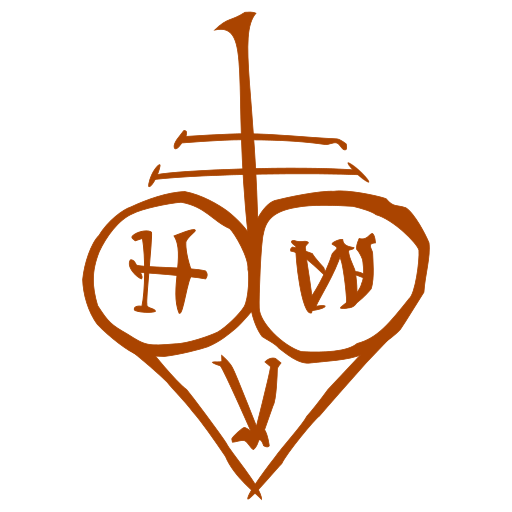
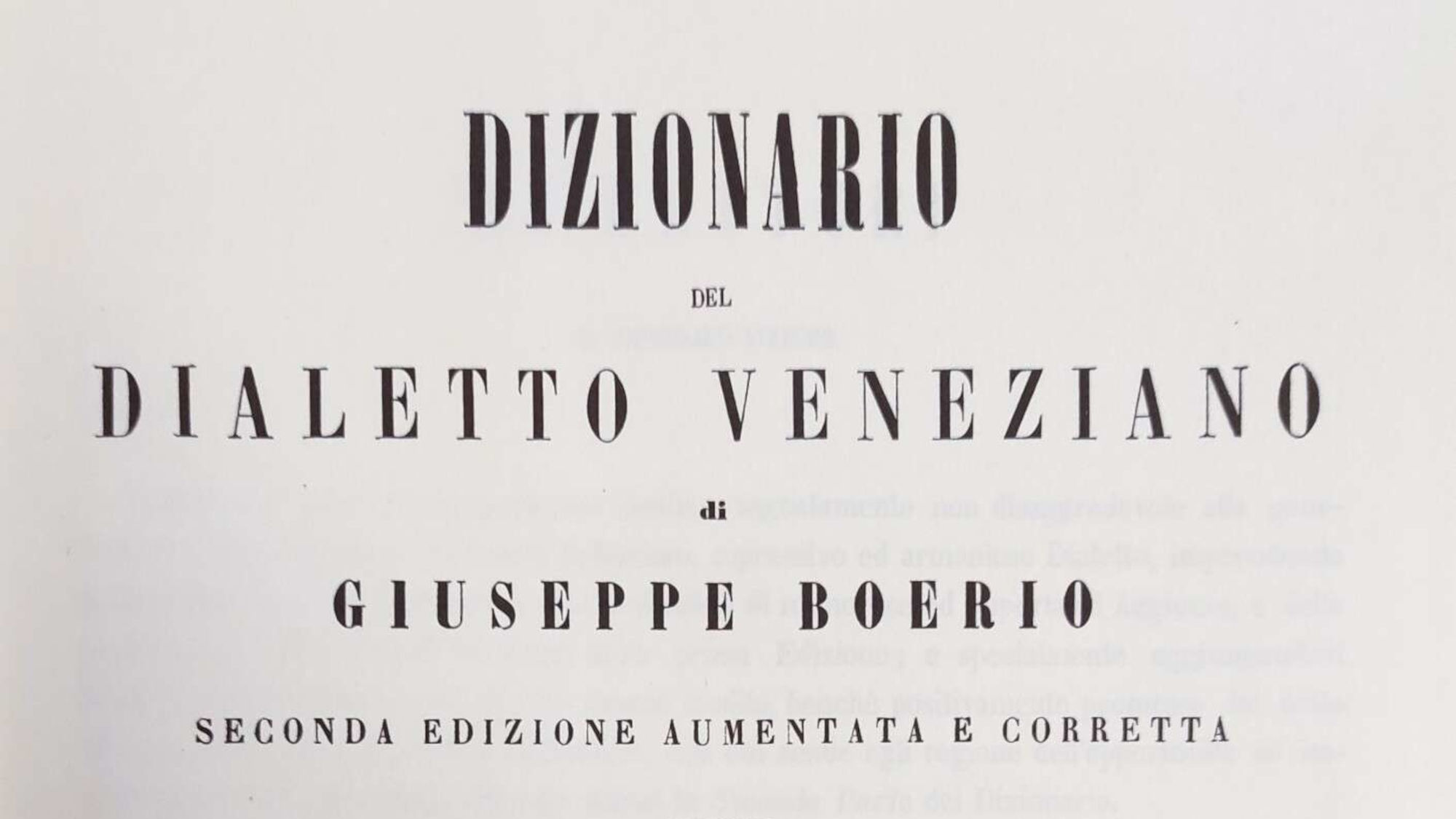
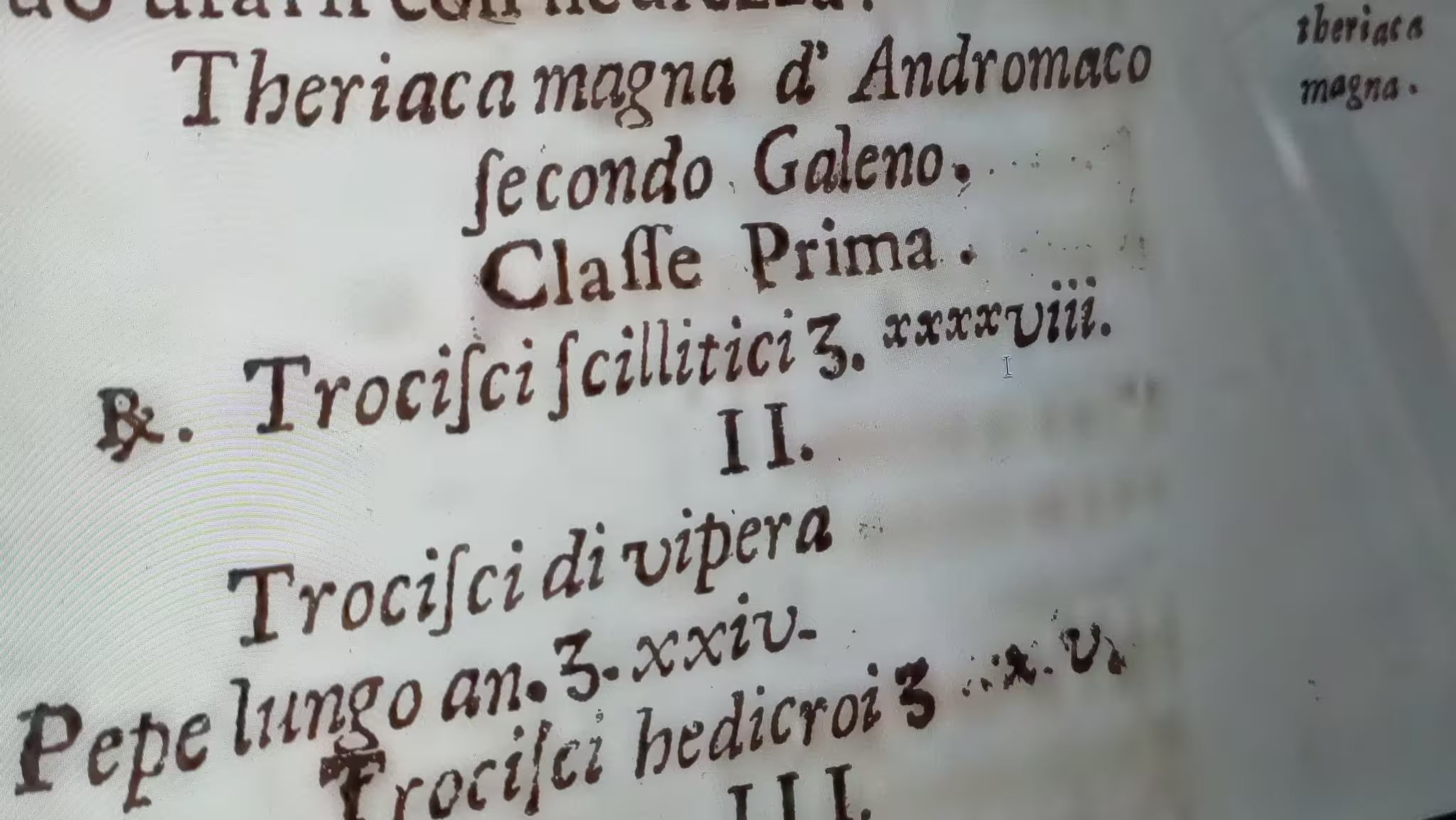
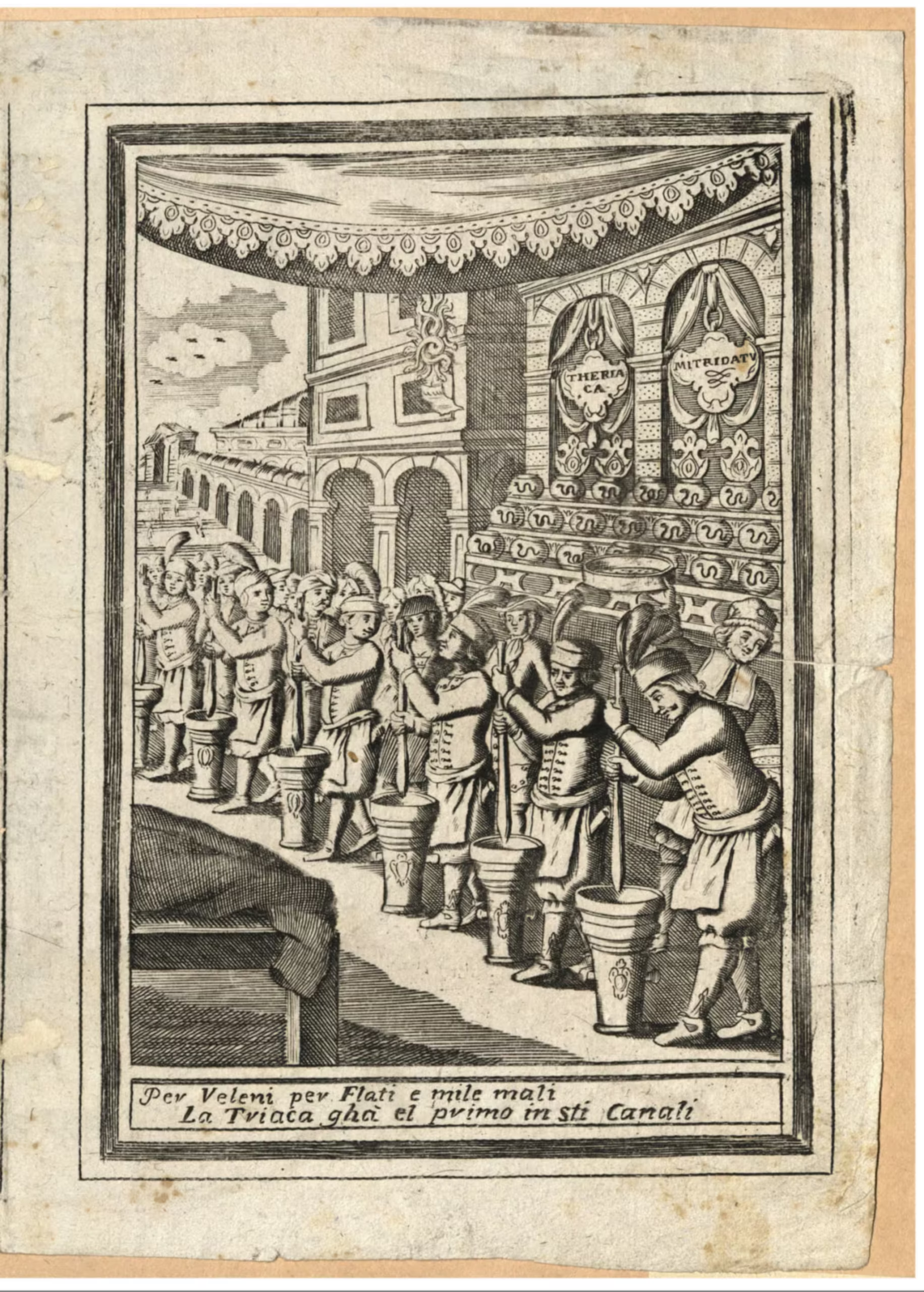
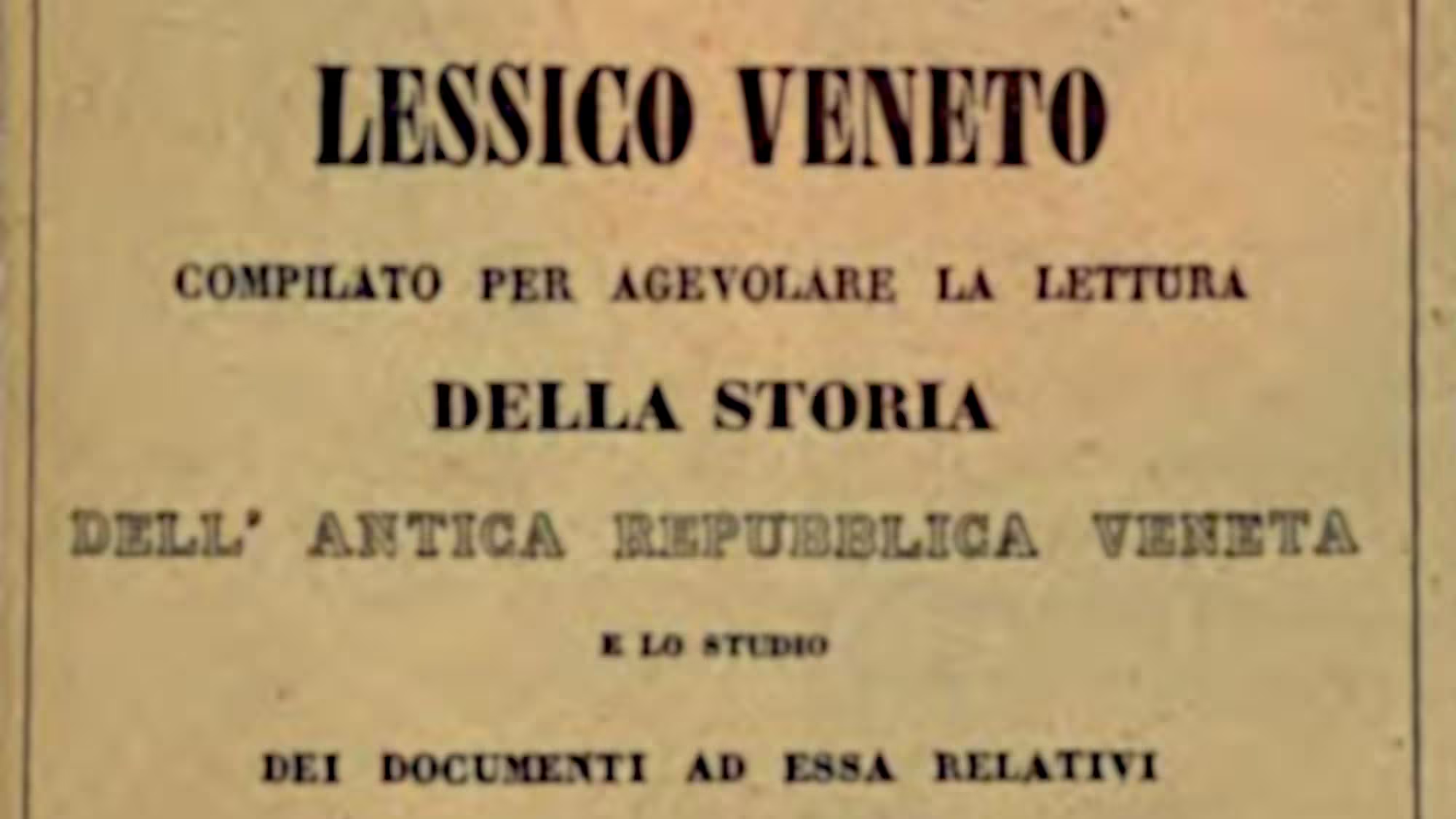
Leave a Reply